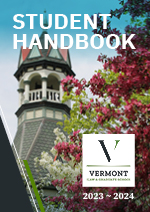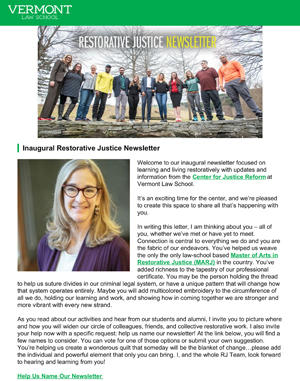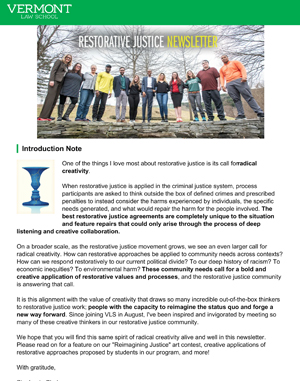About This Class
Class work will focus on the language and structure of the UN Framework Convention on Climate Change (UNFCCC) and its Kyoto Protocol; the COP/CMP process and procedure; specific substantive issues like REDD+ and land use overall, adaptation and the Loss and Damage Mechanism (LDM), CDM and other flexibility mechanisms, finance and technology transfer, and post Kyoto Protocol negotiations under the ADP; individual parties' and party groups' negotiating positions; and the role of non-governmental organizations (NGOs) and side events in the process.
Delegation members will attend one week of COP21 plenary sessions and side events, where they will follow negotiations and issue development, and blog about their observations and analysis. In addition, students will work to support a Least Developed Country (LDC) State Party delegation in the COP21/CMP11 negotiations, to apply their learning through service to others. The VLS delegation will track topics of interest for this UNFCCC state party, brief it on COP activities, and prepare research and analysis of COP21/CMP11 negotiation issues. Through both the classroom and experiential components of this course, students will develop a deeper understanding of international environmental lawmaking informed by first-hand experience.
This is a writing intensive course and so students' work in it is evaluated via briefing memos (2), blogging (both before and during the COP), note taking at the COP, and a short reflective memo upon return from the COP. In addition, students are evaluated on their contributions to the classroom discussions, active engagement at the COP, and overall teamwork.
During the on-site component in Paris, students will represent VLS as members of its Observer Delegation accredited by the United Nations. As such, they will be expected to comport themselves in an appropriate manner, attend all assigned COP sessions and side events, and contribute to the delegation's social media presence. Students agree that by registering for the course and being selected for the delegation, they will attend COP21 in December, 2015.
Attendance at COP21 will require students to miss either the last week of classes or the first week of reading period/ exams. Students will work with Professor Bach to minimize the impact that their COP21 absence has on their other classes.
Students will arrange and pay for their own travel expenses to and from Paris, scheduling their travel to arrive the day before their COP21 week begins and to depart after their COP21 week has finished. We will strive to keep our costs down by sharing a living space and meals; students can estimate up approximately $2000-2500 for airfare, shared lodging, and shared meals (breakfast and dinner).
Please note: The UNFCCC Secretariat limits our observer delegation to 5 student members per week or 10 students total. To stay within this limit, registered students will be selected for the delegation based on a combination of the following information:
1. relevant course work, such as International Law, International Environmental Law, and Climate Change and the Law (whether taught on campus or via distance learning);
2. an interview with Professor Bach;
3. a timed writing sample, and
4. an application form that includes your VLS transcript and 1 VLS reference.
2. an interview with Professor Bach;
3. a timed writing sample, and
4. an application form that includes your VLS transcript and 1 VLS reference.
Method of evaluation is spelled out in the description (no exam, variety of writing projects) and the AWR option is NOT offered.



















